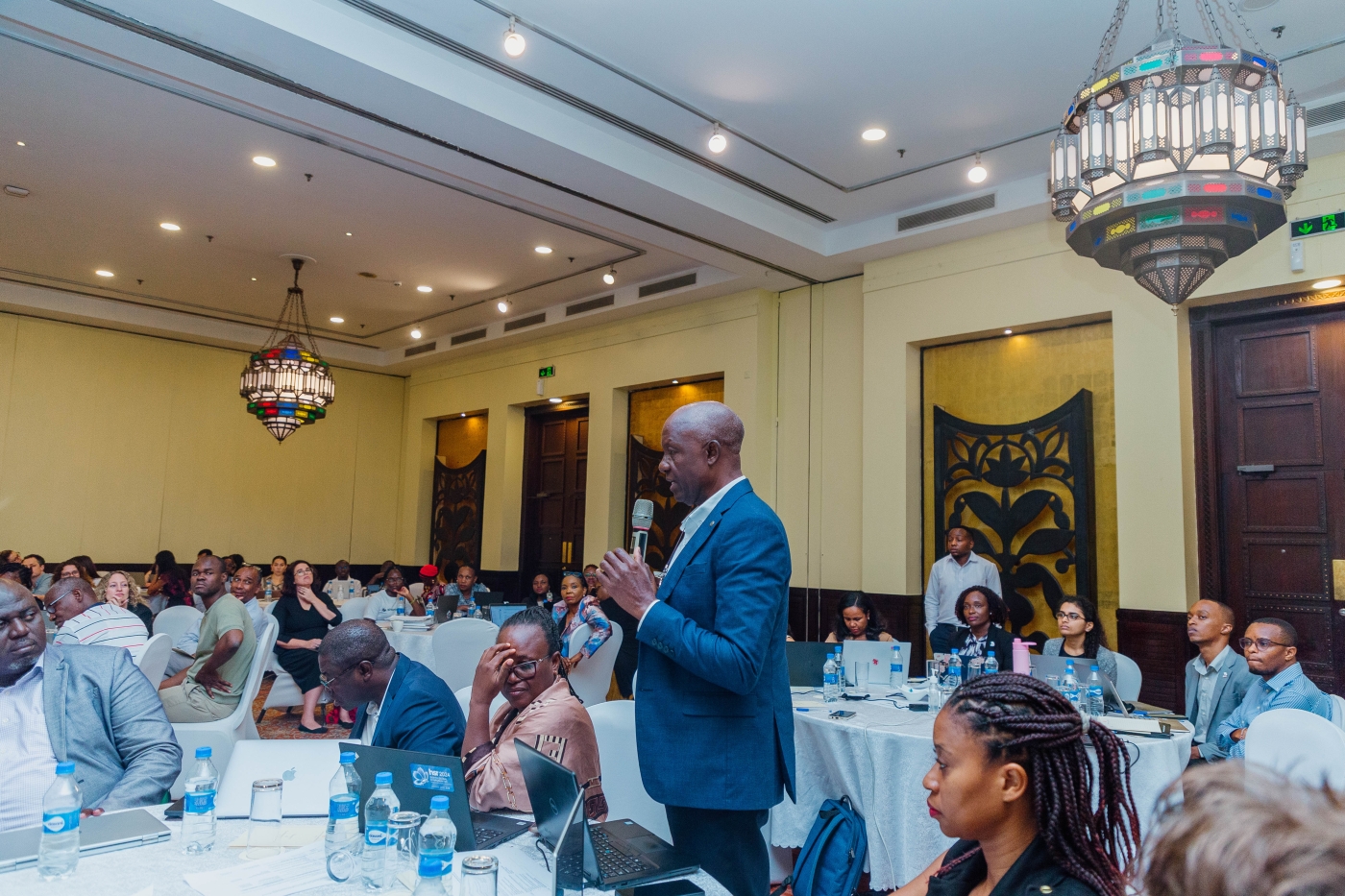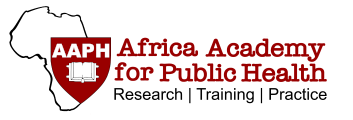
The Africa Research, Implementation Science and Education (ARISE) Network is committed to addressing public health priority issues in sub-Saharan Africa, currently involved in two synergic projects among others. These projects are:
ARISE-NUTRINT: Reducing Nutrition-Related Noncommunicable Diseases in Adolescence and Youth: Interventions and Policies to Boost Nutrition Fluency and Diet Quality in Africa.
These projects aim to deliver a better understanding of diets and nutrition and physical activity-related risks of non-communicable diseases among adolescents in seven countries in sub-Saharan (SSA), how to optimize implementation of evidence-based interventions that promote healthy behaviors among adolescents and youth, long-term costs-and effects and impact of these interventions, and the factors that lead to the adoption, scale up, sustainment, and knowledge translation of these interventions. Given this tremendous burden noncommunicable diseases pose in SSA, our proposed projects will ultimately contribute to improving the health, economic and broader societal outcomes of all in the region. Results from the proposed project could also be transferable to other low-and middle-income country contexts struggling to tackle the growing burden of nutrition-related noncommunicable diseases among adolescence and youth.
The overall objective is to establish a global alliance to prevent and reduce nutrition-related noncommunicable diseases (NCDs) among adolescence and youth in Africa, by boosting adolescents’ health behaviors and outcomes through nutrition literacy and fluency and by providing critical policy information and tools to scale and sustain interventions and policies to support adolescents in healthy food consumption and lives.
At the Annual Network Meetings for the DASH and ARISE-NUTRINT on January 22nd and 23rd 2024 respectively. The networks’ partners and collaborators presented and discussed the work that has been done in the past 12 months, key considerations for implementation, and agreed on a roadmap for the next 12 months after clarifying on the various questions raised. Detailed updates were given on the project cascades, including surveillance, intervention-design, intervention and policy evaluation, policy imperatives, training and capacity building, knowledge management, youth engagement and advisory board and project administration.
Through these meetings, we engaged with the implementing partners from Tanzania, Uganda, Ethiopia, Ghana, Nigeria, South Africa and Burkina Faso as well as collaborating partners from Germany, Serbia, Netherlands, Spain, and USA. It was an ample opportunity to share country-specific progress, plans, and lessons learned thus far.
